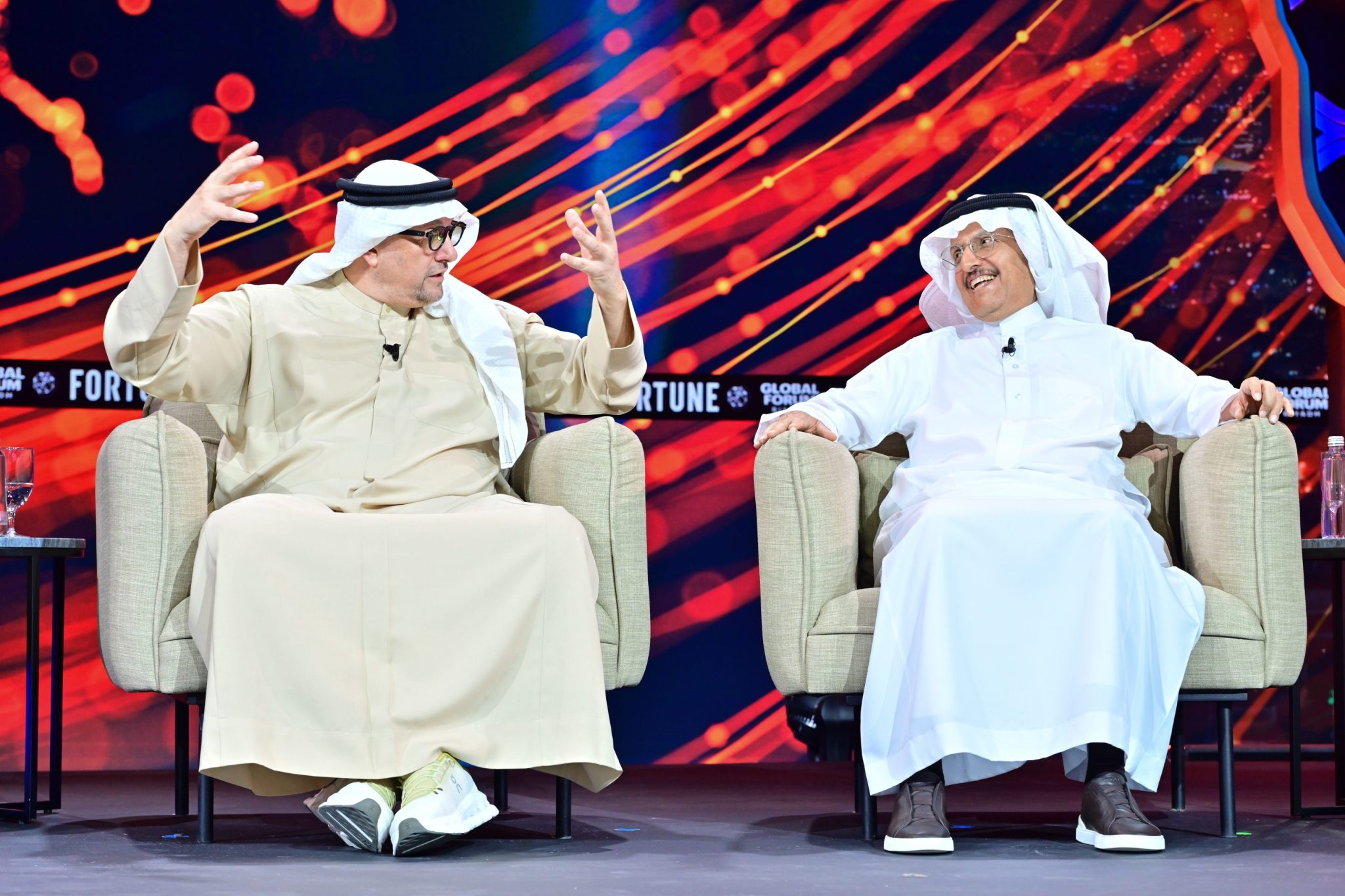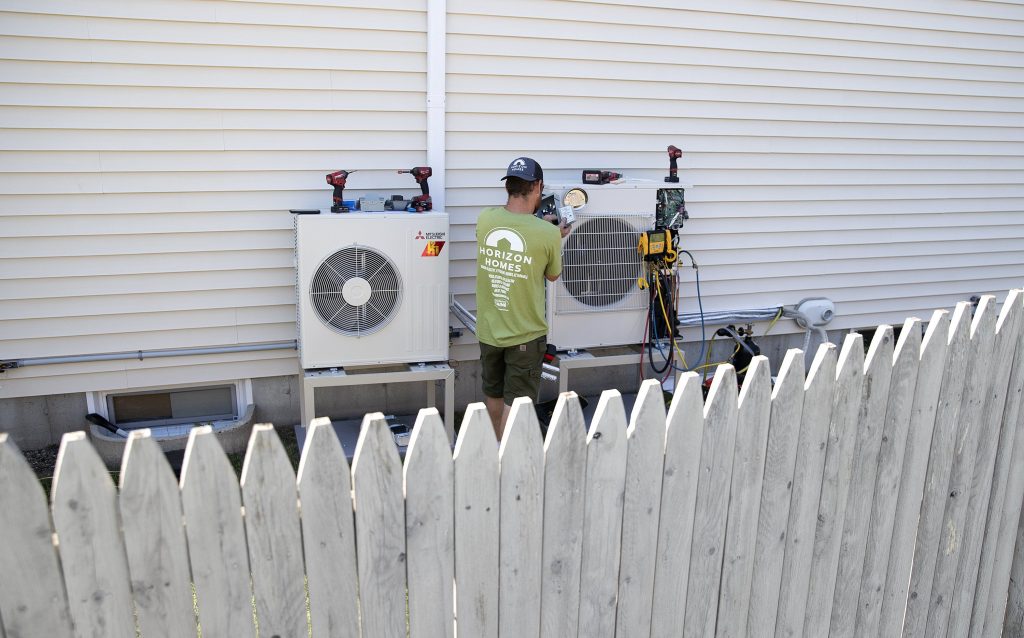The global energy transition is facing significant challenges due to tariff wars and increasing politicization of renewable energy, according to Mohammad Abunayyan, founder and chairman of Saudi Arabia’s ACWA Power. Speaking at the Fortune Global Forum in Riyadh, Abunayyan highlighted the necessity of adopting a balanced energy mix that includes solar, wind, battery storage, fossil fuels, and nuclear power to ensure accessible and clean electricity for all.
Abunayyan expressed concern over what he described as a “great disturbance” caused by rising trade barriers. While he did not specifically mention the trade wars initiated by former U.S. President Donald Trump, his remarks underscored the detrimental impact of such policies on global energy growth. He lauded China for its leadership role in the energy transition, urging politicians to minimize their involvement in energy politics. “These barriers with imports and exports are complicating the situation and increasing costs for everyone,” he stated. He emphasized the interconnectedness of nations, asserting, “We are all human on this Earth. We need to work together and think about how we create something that’s good for all our people on this Earth.”
ACWA Power is not only a prominent player in renewable energy but is also spearheading the world’s largest green hydrogen project, the NEOM Green Hydrogen Project, set for completion in 2027. With a 50% stake held by the Saudi sovereign wealth fund, ACWA has established itself as a leader in renewable energy and water desalination, executing projects across Saudi Arabia, Asia, and Africa, including partnerships with Chinese firms.
Innovation in renewable energy was another focal point of the discussions. Abunayyan credited China for its crucial role in supplying wind turbines, solar panels, and battery components, stating, “If there is no China, there is no energy transition.” He acknowledged the importance of Chinese innovation in providing solutions necessary for the global shift towards cleaner energy.
In line with this sentiment, Masdar, a renewable energy company based in Abu Dhabi, is aiding the United Arab Emirates and other Middle Eastern nations in transitioning to renewable sources for domestic energy, despite their status as major oil exporters. CEO Mohamed Jameel Al Ramahi announced the UAE’s ambition to generate 50% of its electricity from renewable sources by 2030. A key project contributing to this goal is Masdar’s “round-the-clock,” 1 gigawatt renewable initiative, which combines solar energy with battery storage and advanced AI management to ensure power availability 99% of the time.
Al Ramahi stated, “We can now control the power of the sun. We store during the day and generate during the day, and then we dispatch during the night.” He believes this model could serve as a blueprint for other regions aiming for energy reliability.
The necessity of a diversified energy approach was echoed by Catherine MacGregor, CEO of the multinational utility giant Engie. She highlighted the importance of integrating various energy sources rather than relying solely on solar power. “It’s not going to be one technology saving the world,” MacGregor remarked, pointing to the need for a smart, technology-based energy grid as the solution for future energy demands.
MacGregor also noted that while Engie is investing heavily in renewables, it is crucial to ensure that any new electricity generation is as environmentally friendly as possible. “We are more confident than ever that we’re pointing in the right direction,” she said, stressing that projects must deliver the right energy outputs to meet consumer needs effectively.
As discussions around the energy transition continue, the emphasis on international cooperation and innovative solutions remains critical to overcoming the barriers threatening global progress.







